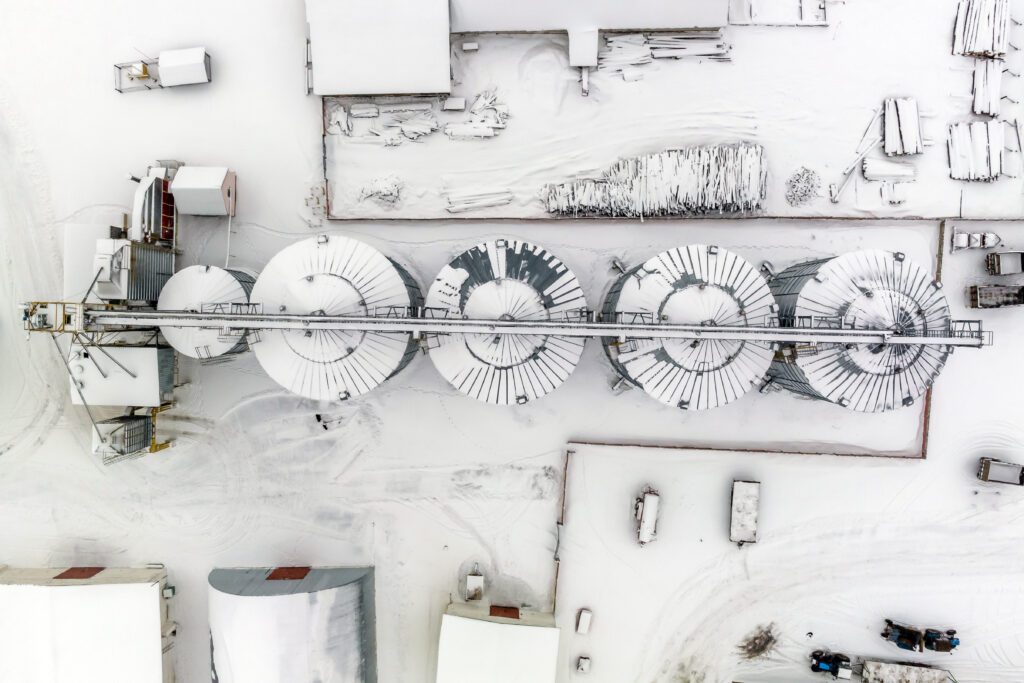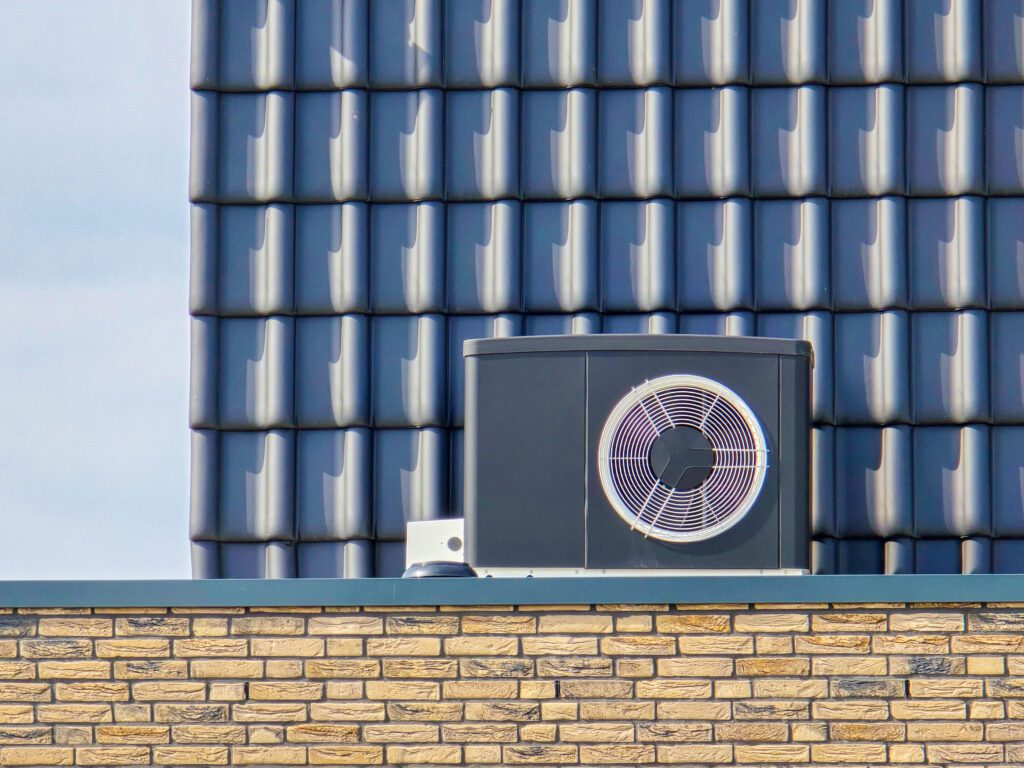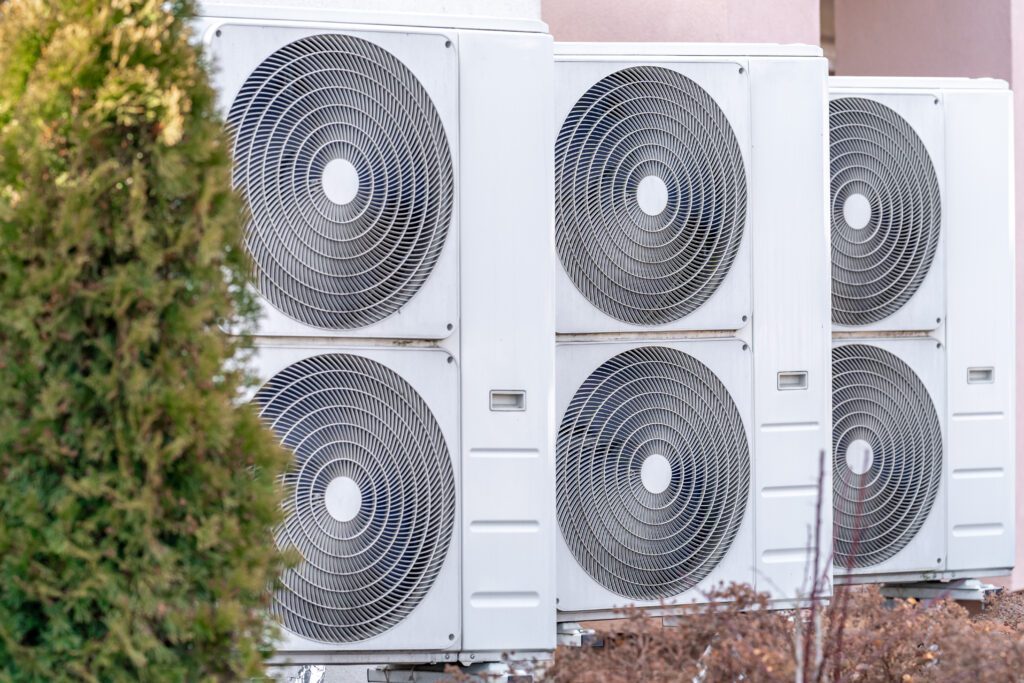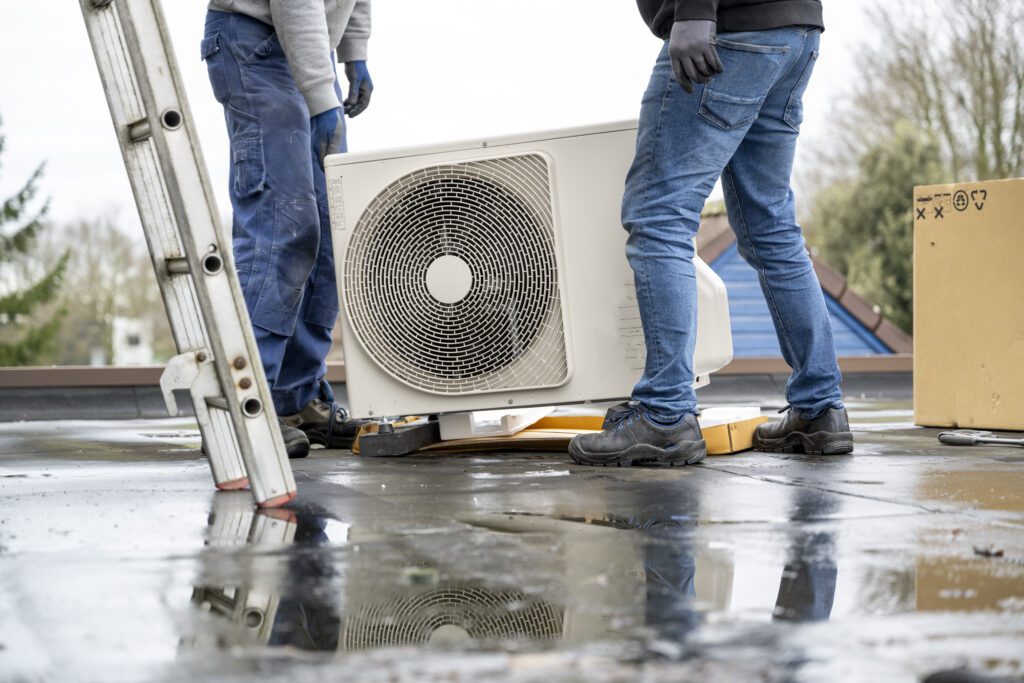As winter settles in and temperatures drop, ensuring that your HVAC system operates efficiently becomes crucial for comfort and safety. However, many homeowners make common mistakes that can lead to system failures or increased costs. This article will explore the importance of HVAC maintenance during winter, common mistakes to avoid, and helpful tips to keep your system running smoothly.
Understanding the Importance of HVAC Maintenance in Winter
The winter months place significant demand on HVAC systems. Ensuring these systems are well-maintained is vital to keeping your home warm and comfortable. Without proper maintenance, systems can become susceptible to various issues, ultimately leading to breakdowns and costly repairs.
The Role of HVAC Systems During Cold Months
HVAC systems are responsible for heating your home, ensuring that indoor temperatures remain comfortable during cold weather. Many systems incorporate both heating and ventilation functions, making them essential for indoor air quality as well. A properly functioning system also helps to regulate humidity levels, preventing moisture buildup and maintaining a healthier living environment.
In addition, efficient HVAC systems play a critical role in energy conservation. When these systems are functioning properly, they consume less energy to maintain desired temperatures. This efficiency is particularly important during the winter, when energy costs can soar due to increased heating demands. Homeowners can also benefit from programmable thermostats, which allow for better temperature management and can lead to significant savings on energy bills.
Why Regular Maintenance is Crucial
Regular maintenance of HVAC systems serves numerous purposes. Routine checks can detect potential issues before they escalate into more significant problems, which often come with higher repair costs. Moreover, maintaining your system can extend its lifespan, allowing you to enjoy reliable service for years to come.
Furthermore, a well-maintained HVAC system operates more efficiently, reducing energy consumption and leading to lower utility bills. Regular filter changes and cleaning can significantly affect the system’s performance, ensuring it meets the heating needs of your home without unnecessary expenditure. Additionally, during maintenance visits, technicians can inspect and calibrate components such as thermostats and ductwork, ensuring that air distribution is optimal throughout your living space. This not only enhances comfort but also contributes to a more balanced heating system, reducing cold spots and improving overall air circulation.
Moreover, the importance of HVAC maintenance extends beyond mere efficiency and cost savings. It also plays a significant role in the safety of your home. For instance, gas furnaces require regular checks to ensure there are no leaks or malfunctions that could lead to hazardous situations. A qualified technician can identify and rectify these risks, providing peace of mind to homeowners during the chilly winter months. Additionally, maintaining your HVAC system can help to minimize allergens and pollutants in the air, contributing to a healthier indoor environment, especially for those with respiratory issues or allergies.
Common Mistakes in Winter HVAC Maintenance

Despite the importance of maintaining an HVAC system during winter, many homeowners often overlook key aspects of upkeep. Here are some common mistakes made during this critical season.
Neglecting Regular Inspections
One of the most significant mistakes homeowners make is neglecting regular inspections of their HVAC systems. Just like any other appliance, HVAC systems require routine checks to ensure they are functioning properly. Failing to schedule professional inspections can lead to unnoticed issues that develop into more severe problems.
Regular inspections allow technicians to identify worn-out components, perform necessary repairs, and make recommendations for improvements. Ignoring inspections not only compromises comfort but also increases the risk of system malfunctions during peak usage times. Additionally, many HVAC professionals recommend scheduling these inspections before the winter season begins, ensuring that any potential issues are addressed before the cold weather sets in. This proactive approach can save homeowners from unexpected breakdowns and costly emergency repairs when they need their heating the most.
Ignoring Strange Noises or Smells
HVAC systems are designed to operate quietly, so any strange noises or unpleasant smells should not be ignored. These signs can indicate underlying issues, such as loose components or duct leaks. Addressing them early can prevent more expensive repairs or even system replacements down the line.
For instance, a hissing sound may suggest a refrigerant leak, while a burning smell could indicate overheating components. Homeowners should maintain vigilance and contact a professional at the first sign of abnormal behavior to resolve issues promptly. Moreover, some odors, such as a musty smell, could point to mold growth within the ductwork, which can lead to health issues and reduced indoor air quality. Regular cleaning and maintenance of ducts can help mitigate these risks, ensuring a healthier living environment during the winter months.
Overworking the System
During colder months, it’s tempting to crank up the thermostat to reach desired temperatures quickly. However, consistently overworking the HVAC system can lead to significant wear and tear. Frequent cycling and higher temperature settings can strain the system, causing it to fail prematurely.
Instead, consider setting the thermostat at a moderate temperature and using layering to stay warm. This not only promotes a longer system lifespan but also helps maintain lower energy costs, providing both comfort and savings. Additionally, utilizing programmable thermostats can enhance energy efficiency by automatically adjusting temperatures based on your schedule. This technology allows homeowners to maintain a comfortable environment without the constant need for manual adjustments, ultimately reducing the workload on the HVAC system and contributing to its longevity.
The Impact of HVAC Maintenance Mistakes

Ignoring essential maintenance tasks can have far-reaching consequences. From decreasing system efficiency to impacting personal health, the effects of maintenance mistakes can be substantial.
Decreased System Efficiency
When HVAC systems are not properly maintained, their efficiency inevitably decreases. Blocked filters, neglected ductwork, and improperly calibrated thermostats all contribute to decreased performance. As systems struggle to meet heating demands, energy consumption rises, leading to increased utility bills.
Moreover, a decrease in efficiency can place significant stress on system components, increasing the likelihood of breakdowns and costly repairs. Regular maintenance helps ensure that systems operate at peak efficiency level, making the best use of energy resources. Additionally, an inefficient HVAC system can lead to uneven heating throughout the home, resulting in some rooms being uncomfortably cold while others are overheated. This not only affects comfort levels but can also lead to increased wear and tear on the system as it works harder to compensate for these discrepancies.
Increased Energy Costs
Higher energy costs are one of the direct results of neglecting HVAC maintenance. When systems run inefficiently, they work harder and consume more energy to achieve the same heating results. This can substantially impact your monthly bills during winter months, leading to budget strains.
Overall, consistent maintenance and proper operational habits can significantly reduce energy consumption, resulting in lower costs over time. Furthermore, investing in regular maintenance can often pay for itself through energy savings. Homeowners may also qualify for energy efficiency rebates or incentives from utility companies, making it even more financially beneficial to keep HVAC systems in top shape.
Potential Health Risks
In addition to affecting efficiency and expenses, neglecting HVAC maintenance can pose health risks for those in the household. Poor indoor air quality, a common issue with unmaintained systems, can lead to respiratory issues and other health problems. Dust, allergens, and pollutants can build up in the system over time, circulating through your home and impacting your family’s health.
By ensuring that your HVAC system is regularly maintained, you can create a safer and healthier living environment, which is especially important during the winter months when families tend to spend more time indoors. Furthermore, HVAC systems that are not cleaned and serviced regularly can become breeding grounds for mold and bacteria, which can exacerbate allergies and asthma. Regular inspections and cleanings not only improve air quality but can also extend the lifespan of your HVAC system, ensuring it operates safely and effectively for years to come.
Tips to Avoid Common HVAC Maintenance Mistakes

To keep your HVAC system running smoothly throughout the winter, consider these practical tips designed to help you avoid common maintenance pitfalls.
Scheduling Regular Professional Inspections
One of the most effective ways to ensure your HVAC system runs efficiently is to schedule regular professional inspections. This includes examining the furnace, thermostat, and ductwork for any underlying issues. Aim to have these inspections twice a year—once before the heating season and once before cooling season.
Trained technicians can provide valuable insights, fix minor problems, and offer suggestions for improving system performance. Additionally, regular inspections can help in identifying any hazards, ensuring that your home remains a safe space during winter. During these inspections, professionals often check for carbon monoxide leaks, which can be a serious concern in gas-powered heating systems. By addressing these potential dangers early, you can protect your family and ensure a healthy living environment.
Understanding Basic HVAC Troubleshooting
While professional help is invaluable, understanding some basic HVAC troubleshooting can empower homeowners to address minor issues independently. Familiarize yourself with simple tasks like checking and replacing air filters, adjusting thermostats, and ensuring vents are clear.
Being proactive in these areas can help maintain system efficiency and prevent issues from escalating, ultimately saving time and money on repairs. Additionally, learning how to reset your system or troubleshoot common error codes can be incredibly beneficial. Many HVAC systems come equipped with a digital display that provides error messages, and knowing how to interpret these can save you from unnecessary service calls and help you understand when it’s time to call in the professionals.
Investing in a Programmable Thermostat
Upgrading to a programmable thermostat can significantly improve your HVAC system’s efficiency. These devices allow you to set schedules for heating, enabling you to optimize the temperature based on your routine. By reducing heating levels during times when the house is empty, you can save on energy bills while still ensuring warmth when needed.
In addition, many programmable thermostats allow for remote access via smartphone apps, giving you the convenience of adjusting settings on-the-go. This flexibility can lead to smarter energy use and a more comfortable indoor environment. Some advanced models even feature learning capabilities, adapting to your habits over time and automatically adjusting settings for optimal comfort and efficiency. This not only enhances your living space but also contributes to a more sustainable lifestyle by reducing unnecessary energy consumption.



